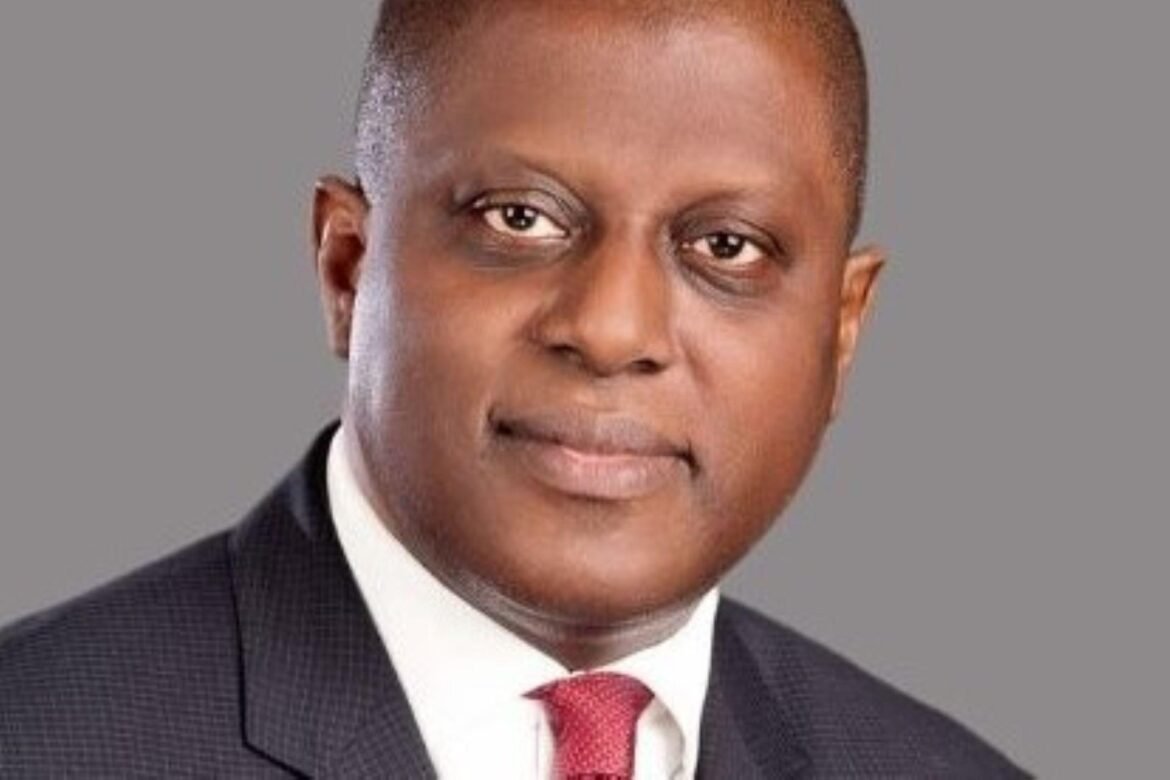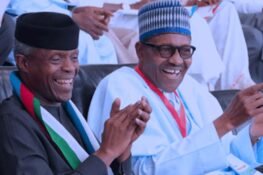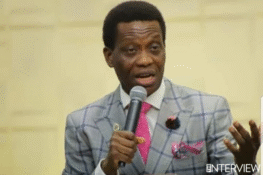The Central Bank of Nigeria (CBN) has warned Nigerians to beware of illegal Naira banknotes in circulation.
This is contained in a statement by CBN’s Acting Director, Corporate Communications, Mrs. Hakama Sidi Ali in Abuja on Friday.
“The attention of the CBN has been drawn to the circulation of counterfeit banknotes, especially higher denominations by some individuals,“she said.
Sidi Ali said that the counterfeit Naira notes were mainly used for transactions in food markets and other commercial centres across major cities in the country.
She said that any person found complicit in the circulation of the counterfeit currency notes would face severe sanctions.
The director said that the law provided punishment by a term of imprisonment of not less than five years, for any person found culpable of counterfeiting Naira notes or any other legal tender in Nigeria.
“The CBN is in constant collaboration with relevant security and financial agencies to confiscate fake Naira banknotes, arrest and prosecute counterfeiters.
“Members of the public are also encouraged to report anyone suspected of having counterfeit naira notes to the nearest police station, branch of the CBN, or via contactcbn@cbn.gov.ng,” she said.
She enjoined all Deposit Money Banks, Financial Houses and Bureaux de Change and the general public to be more vigilant.
Sidi Ali urged them to take all necessary precautionary measures to curtail the acceptance and distribution of counterfeit notes.
“Furthermore, the general public is encouraged to embrace alternative modes of payment for day-to-day transactions to mitigate the risk of spreading counterfeit banknotes,” she said.








